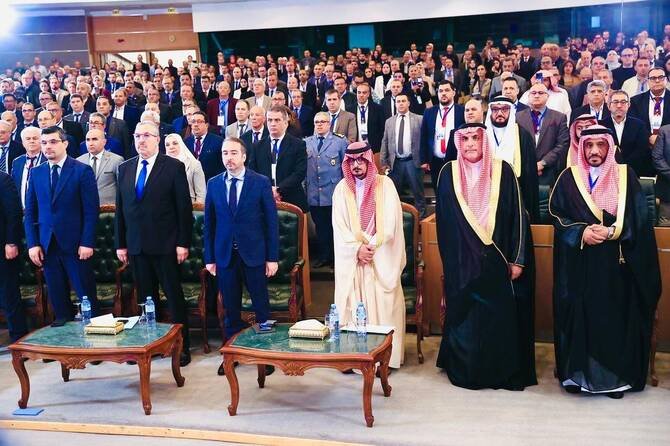
The battle, which has now lasted 15 months, became even more intense on Wednesday as Israeli bombings killed dozens of Palestinians in Gaza. A ceasefire is being pushed for in the meantime by international diplomatic initiatives headed by the US, Qatar, and Egypt.
Palestinian medical personnel reported casualties in Deir Al-Balah, Jabalia, and Gaza City. Targeting Hamas militants who were purportedly operating in civilian areas was an allegation made by Israel’s military. The situation is becoming more complicated as ceasefire talks continue after Israeli forces retrieved a hostage’s body near Rafah on Wednesday.
The terms of a ceasefire agreement and when it will be reached are still unknown. However, with the departing Biden administration attempting to reach an agreement, U.S. ambassador Steve Witkoff voiced optimism for progress on the hostage situation before to President-elect Donald Trump’s inauguration. Israeli Prime Minister Benjamin Netanyahu reaffirmed Israel’s determination to ensure the release of all hostages, whether they are alive or dead. Hamas remained steadfast in calling for an end to the conflict and the complete departure of Israeli forces from Gaza.
The hostile relationship between Israel and Hamas, especially after Hamas’ surprise attack on Israel in October 2023, is what gave rise to the current conflict. Israel’s continuous military attack on Gaza was sparked by that incident, which claimed the lives of over 1,200 Israelis and led to the seizure of over 250 hostages. With the majority of Gaza’s 2.1 million inhabitants already homeless and almost 46,000 Palestinian casualties officially recorded, the situation has been at a critical stage for far too long. Significant food, medication, and shelter shortages have been reported by international organisations in the Gaza Strip, and recent heavy rains have caused tents in overcrowded refugee camps to flood. Médecins Sans Frontières (Doctors Without Borders) is one medical organisation that have expressed concern over Gaza’s failing healthcare system as a result of Israeli restrictions and fuel shortages.
The continued bloodshed highlights the need for tact in negotiations to maintain peace, even though a ceasefire agreement may finally be in the works. The underlying causes of the war, like as occupation, security issues, and the closure of Gaza, must be addressed by diplomatic efforts. Reactive, superficial solutions will not address the underlying problems and run the risk of causing millions of people in the area to continue to suffer for decades to come.
The tragic circumstances in Gaza highlight how urgently a peace deal is needed. Although there is some promise in the ongoing ceasefire negotiations, its long-term viability hinges on resolving the parties’ long-standing disputes. The security of all people and the reconstruction of Gaza’s infrastructure must be given top priority by mediators in order to achieve long-term calm. It is impossible to overestimate the importance of achieving these objectives since failing to do so could further entrench the conflict and have disastrous effects on regional and global peace. A real conclusion may only be attained by a dedication to justice, reconciliation, and international human rights.




